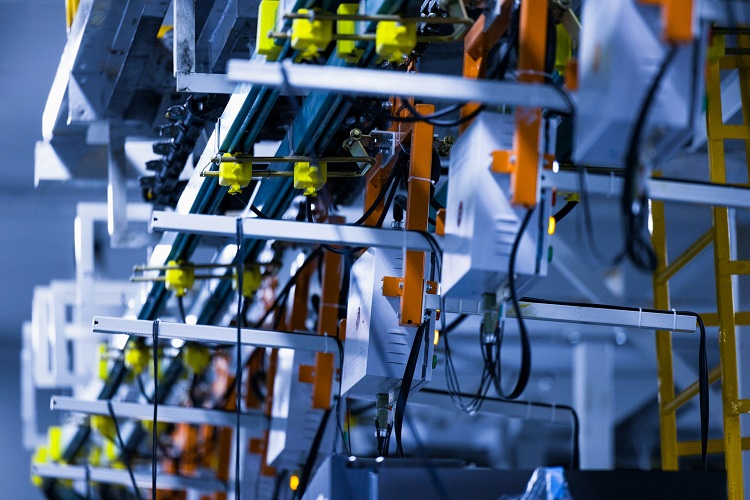Given the exponential rise in the demand for efficiency, precision, and adaptability by manufacturing industries,’ custom automation is required. In manufacturing, it provides specific solutions to overcome the challenges while allowing businesses to remain competitive in an evolving market. These are three key benefits that custom automation solutions are proving to transform modern manufacturing.
Table of Contents
1. Tailored Solutions for Diverse Manufacturing Needs
Standard automation systems handle general automation requirements relatively well, while many manufacturing environments require unique operations. Specific needs get addressed by custom automation solutions that design equipment and processes to work in a way that exactly meets the production goals.
Many industrial businesses are starting to seek out expert providers offering innovative systems for companies looking for custom automation solutions. These improve efficiency and address the unique need production requirements. This kind of automation is flexible enough to work with the already existing systems and, hence, will not interrupt the implementation process.
For instance, an organization developing medical instruments such as very accurate stethoscopes must design an automation system that is precise and highly accredited. This is unlike an automotive parts supplier company that requires certainty of quality and the quantity they will produce. These requirements adjust custom solutions to deliver the best performance possible while offering no compromises.
2. Enhanced Efficiency and Cost Optimization
Custom automation increases production line efficiency and reduces non-productive activities. Such systems provide more uniform processes between the cycles and minimize human interference, hence improving accuracy.
A custom automation system that’s designed properly is more efficient, has addressed the sustainability objective, and is cheaper to run. Manufacturers are finding that, by carefully managing resources and reducing waste, they can reduce costs and their impact on the earth without reducing efficiency.
Custom automation is a money-making venture in the long run. Fewer breakdowns translate to reduced maintenance expenses and the immediate adaption of the product or service to match the market condition. This results in relatively simpler upgrades and alterations yield a longer equipment life cycle and the highest return on investment (ROI).
3. Scalability and Future-Readiness
Custom automation is an effective and scalable strategy. Flexibility is easy with custom solutions for a business since they can be adapted as a business progresses and markets change to address increased business production or new products. It can support gradual growth without a highly expensive need for system restructuring.
Custom automation is also an effective approach for manufacturers to upgrade their technological status. Since the current trends, such as the Industrial Internet of Things (IIoT) and smart factories, are emerging gradually, the existence of a standardized system is useful when it comes to the integration of those trends. Real-time data, big data, data prediction, and connectivity are among the aspects that manufacturers must take advantage of to improve decisions and flexibility.
Manufacturing is mandatory for today’s industries, as it is needed to establish industry-specific developmental relationships for efficient workflow in a definite competition. This ensures that producers are given specific solutions that address their requirements, reduce costs, and enhance the flexibility of the production process for operational performance.

